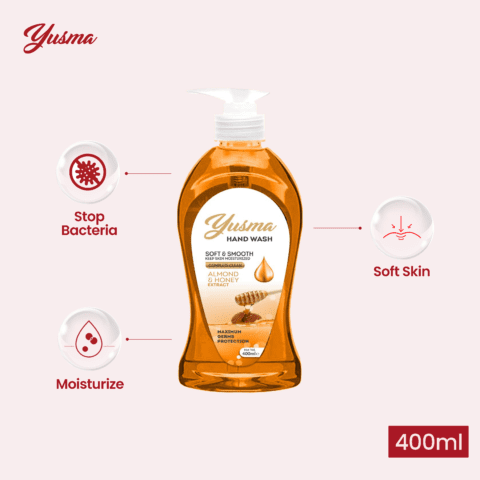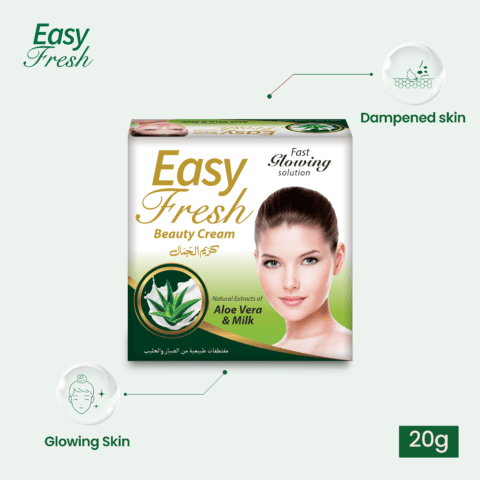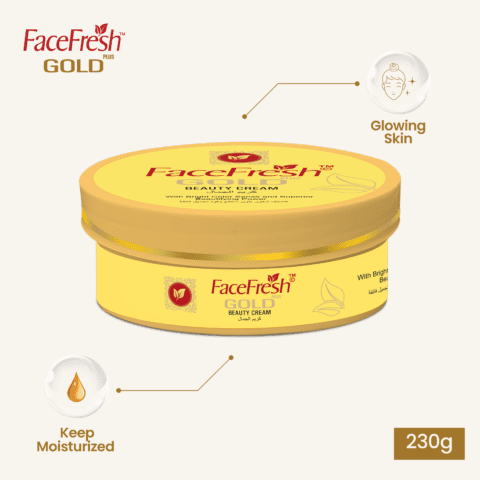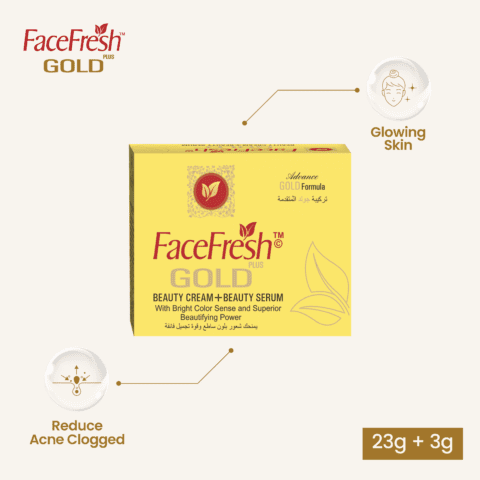As we age, it’s only natural to develop some signs of aging on our skin. However, with the right skincare routine and targeted products, we can slow down the process and maintain a youthful complexion. Anti-aging skincare is a booming industry, and for good reason – everyone wants to look and feel their best at any age. In this article, we’ll explore the key ingredients, effective routines, and lifestyle factors that contribute to successful anti-aging skincare.
Understanding the Aging Process
Before diving into the world of anti-aging skincare, it’s important to understand how the skin ages. As we grow older, our skin undergoes various changes, such as a decrease in collagen and elastin production, reduced cell turnover, and diminished hydration levels. Additionally, external factors like sun exposure, pollution, and lifestyle choices can accelerate the aging process, leading to premature wrinkles, fine lines, and uneven skin tone.
Key Ingredients for Anti-Aging Skincare
To combat the signs of aging effectively, it’s essential to incorporate key ingredients into your skincare routine. These ingredients have been scientifically proven to address specific concerns and promote healthier, more youthful-looking skin.
Retinol
Retinol, a derivative of vitamin A, is often hailed as the gold standard in anti-aging skincare. It works by stimulating collagen production, reducing the appearance of fine lines and wrinkles, and improving skin texture. When introducing retinol into your routine, start with a low concentration and gradually increase it to avoid skin sensitivity.
Hyaluronic Acid
Hyaluronic acid is a powerful hydrating ingredient that can hold up to 1000 times its weight in water. It helps replenish moisture levels in the skin, plumping up fine lines and restoring a smoother complexion. Look for hyaluronic acid in serums, moisturizers, and sheet masks to boost hydration.
Vitamin C
Vitamin C is a potent antioxidant that neutralizes free radicals, which can cause cellular damage and contribute to premature aging. It also plays a vital role in collagen synthesis, promoting firmer, more elastic skin. Incorporate a vitamin C serum into your routine for a brighter, more even-toned complexion.
Peptides
Peptides are amino acid chains that stimulate collagen production and help improve skin firmness and elasticity. There are various types of peptides, each targeting specific concerns such as wrinkles, sagging skin, or uneven texture. Look for products containing peptides to combat visible signs of aging.
SPF
Sun protection is crucial in any anti-aging skincare routine. Prolonged sun exposure without protection can lead to sunburn, hyperpigmentation, and accelerated skin aging. Choose a broad-spectrum sunscreen with an SPF of at least 30 and apply it generously every day, even on cloudy days.
Building an Effective Skincare Routine
Now that we’ve covered the key ingredients, let’s explore how to build an effective anti-aging skincare routine. Consistency is key when it comes to skincare, so establish a daily regimen that incorporates cleansing, exfoliation, moisturizing, targeted treatments, and sun protection.
Cleansing
Start your routine with a gentle cleanser that removes dirt, oil, and impurities without stripping the skin of its natural moisture. Cleansing twice a day, in the morning and evening, ensures a clean canvas for the rest of your skincare products.
Exfoliation
Exfoliation helps remove dead skin cells, revealing a brighter complexion and promoting cell turnover. Choose between physical exfoliants, like scrubs or brushes, or chemical exfoliants, such as alpha-hydroxy acids (AHAs) or beta-hydroxy acids (BHAs), depending on your skin type and preference.
Moisturizing
Hydration is vital for healthy, youthful-looking skin. Moisturizers lock in moisture, replenishing the skin’s natural barrier and preventing moisture loss. Select a moisturizer suitable for your skin type and apply it morning and night.
Targeted Treatments
Incorporate serums, essences, or other targeted treatments into your routine to address specific skincare concerns. These products often contain higher concentrations of active ingredients and can provide a potent boost to your anti-aging efforts.
Sun Protection
Apply sunscreen as the final step of your morning routine, regardless of the weather conditions. Remember to reapply every two hours, especially if you’re spending prolonged periods outdoors. Sunscreen helps shield the skin from harmful UVA and UVB rays, preventing photoaging and reducing the risk of skin cancer.
Lifestyle Factors for Healthy Skin
In addition to a consistent skincare routine, certain lifestyle factors contribute to overall skin health and play a significant role in anti-aging efforts.
Diet and Nutrition
A balanced diet rich in antioxidants, vitamins, and minerals can benefit your skin. Incorporate foods like fruits, vegetables, whole grains, and lean proteins into your meals. Additionally, staying hydrated by drinking enough water throughout the day helps maintain skin elasticity and suppleness.
Sleep and Stress
Adequate sleep is crucial for skin rejuvenation and repair. Lack of sleep can lead to a dull complexion, dark circles, and increased signs of aging. Aim for 7-8 hours of quality sleep each night, and consider implementing stress management techniques such as meditation or yoga to promote skin health.
Exercise and Skincare
Regular exercise improves blood circulation, delivering oxygen and nutrients to the skin. It also helps flush out toxins, contributing to a healthier complexion. Before exercising, remove any makeup, cleanse your face, and apply a lightweight moisturizer. Afterward, cleanse again to remove sweat and bacteria from the skin’s surface.
Professional Treatments for Anti-Aging
While an effective skincare routine forms the foundation of anti-aging efforts, professional treatments can provide additional benefits. Consult with a dermatologist or skincare professional to explore options such as:
Dermatological Procedures
Dermatological procedures like chemical peels, microdermabrasion, or laser resurfacing can target specific skin concerns and offer noticeable results. These procedures are typically performed in-office and require professional expertise.
Non-Invasive Treatments
Non-invasive treatments, such as microneedling, radiofrequency, or LED light therapy, can also improve the appearance of aging skin. These procedures are generally less aggressive than their invasive counterparts, require little to no downtime, and can be done at a skincare clinic or spa.
Conclusion
Achieving and maintaining youthful-looking skin is possible with a combination of effective skincare routines, lifestyle choices, and professional treatments. By understanding the aging process, incorporating key ingredients into your routine, and adopting healthy habits, you can support your skin’s natural renewal process and minimize the visible signs of aging. Remember, consistency is key, and it’s never too early or too late to start taking care of your skin.






Leave a comment
Your email address will not be published. Required fields are marked *